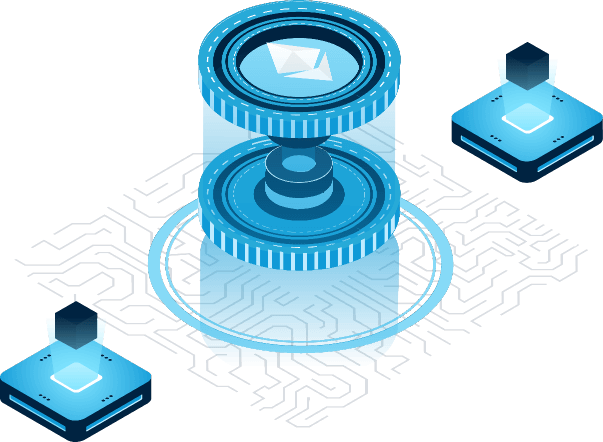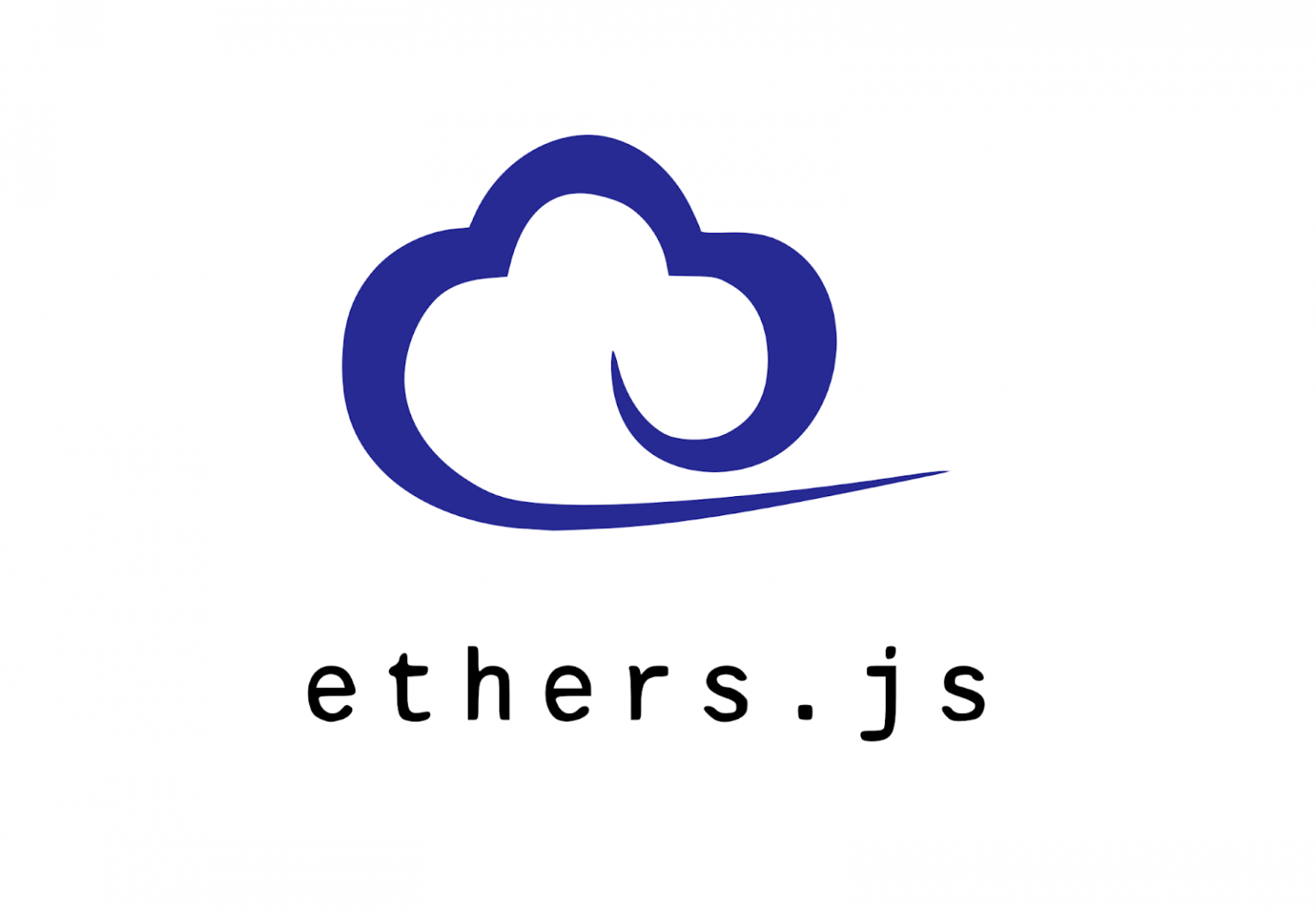End-to-end solutions to facilitate your entry and participation in a revolutionized borrowing and lending world.


Non-fungible tokens (NFTs) have gained significant traction and adoption globally, with billions of dollars worth of transactions taking place each month. Their use case is emerging from simply buying, selling, and holding to more intricate and profitable financial deals. One such opportunity is NFT lending, where individuals pledge their NFTs as collateral for a loan on decentralized platforms using smart contracts. The loans are provided by investors or lenders looking to earn interest on their investment. Typically, NFT-based loans offer higher returns compared to standard crypto or traditional loans. Just like with cryptocurrency lending, NFT lending relies on digital currencies as collateral. However, in NFT lending, borrowers secure their NFT assets to obtain loans. The new use case of NFTs has escalated the demand for NFT loan platform development.
Addressing the glitches in the new yet promising trading practice, Bloom Genesis provides a comprehensive suite of digital asset management solutions to empower the otherwise confused investor. For ordinary traders who are challenged with thorough understanding of market behaviors, Bloom Genesis handpicks the most appropriate tokens as per your expectation and registers you to the relevant exchanges that trade them.
We trade on the most efficient crypto fund management platform that provides unmatched exposure to the best performing crypto asset class. Our investment strategy targets the most liquid type of crypto assets that have proven their potential in the time series analysis. Furthermore, our test trading techniques have persistently outperformed others with higher returns and lower risk statistics.

































Integrating blockchain into game development offers several advantages:
True Ownership of In-Game Assets: Blockchain allows players to have true ownership and control over their in-game assets.
Enhanced Player Engagement: Blockchain games often introduce unique gameplay mechanics and economic models that incentivize and reward players.
Decentralized and Transparent Economy: Smart contracts and blockchain technology enable secure and trustless transactions, eliminating the need for intermediaries.
Anti-Cheating and Fraud Prevention: Blockchain's immutability and decentralized nature can help combat cheating and fraud in games.
Innovative Funding Models: Through Initial Coin Offerings (ICOs) or token sales, businesses can directly raise funds from the community, reducing reliance on traditional funding sources.